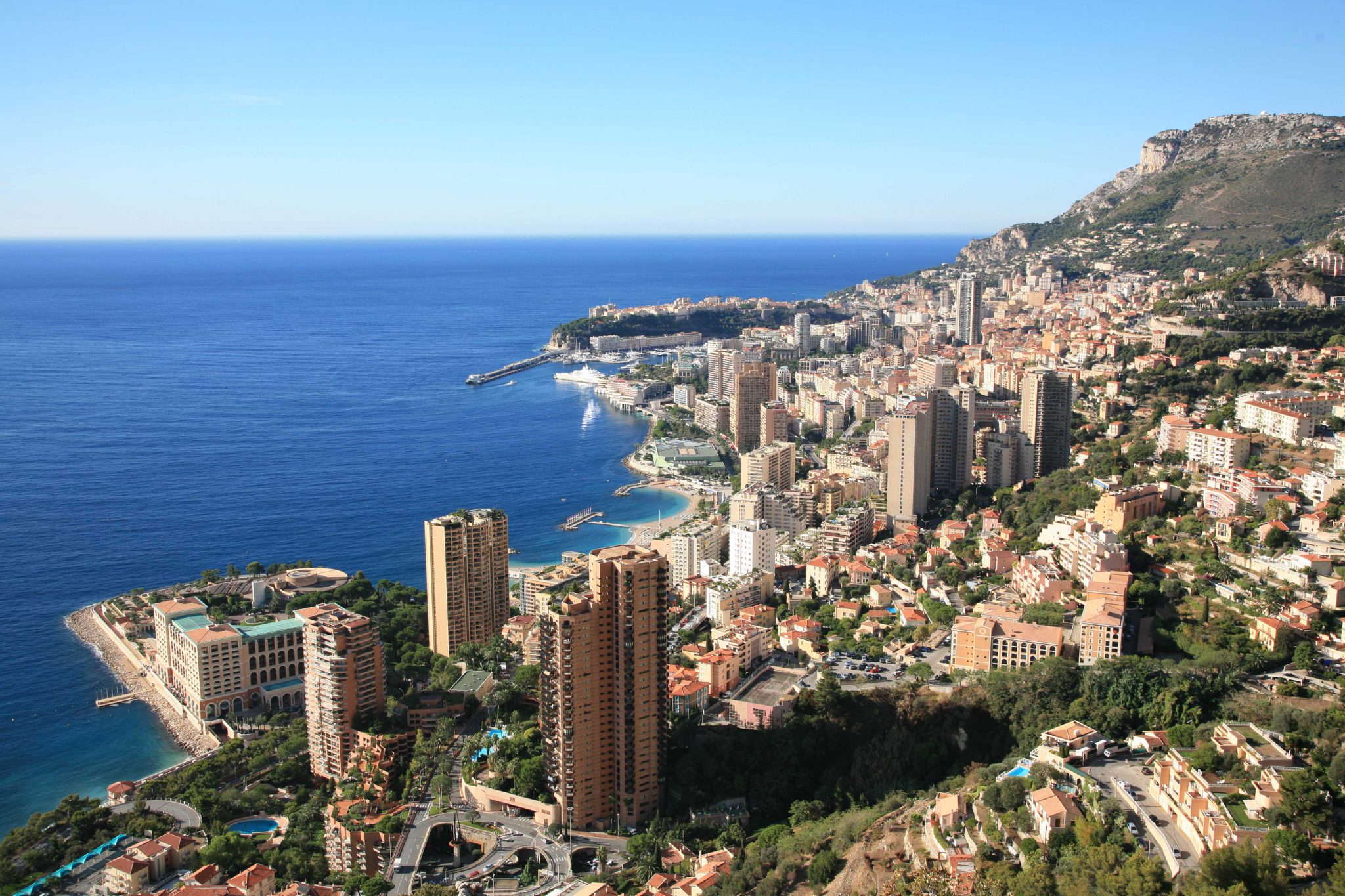A client Miss Y, who resides in Monaco, needed to know why she needed to form an international company to hold a substantial portfolio of US securities she held in her own name as she lived in Monaco and was not liable to pay taxes on her wealth or income. She has never visited or lived in the United States. She said her father advised her to do so.
With US securities if they are held in an individual’s name, no matter whether they are US citizens or not, then they are liable to US estate duty at 40% on their death less an exemption of US$60,000 for non-resident aliens which Miss Y would be classed as. Unless she sells the securities she could place them into an international company that will continue after the individual’s death. We confirmed her father’s advice.
We were able to offer her a selection of jurisdictions, the costs and the requirements of such a company. This company being administered from Monaco but not being formed in Monaco, is not liable to taxes here. Once she had selected the name and jurisdiction we were able to form the entity, open the company with her bank and arrange the transfer the US securities into it. We were able to provide the directors and continuing secretarial support to the company from our offices in Monaco.
